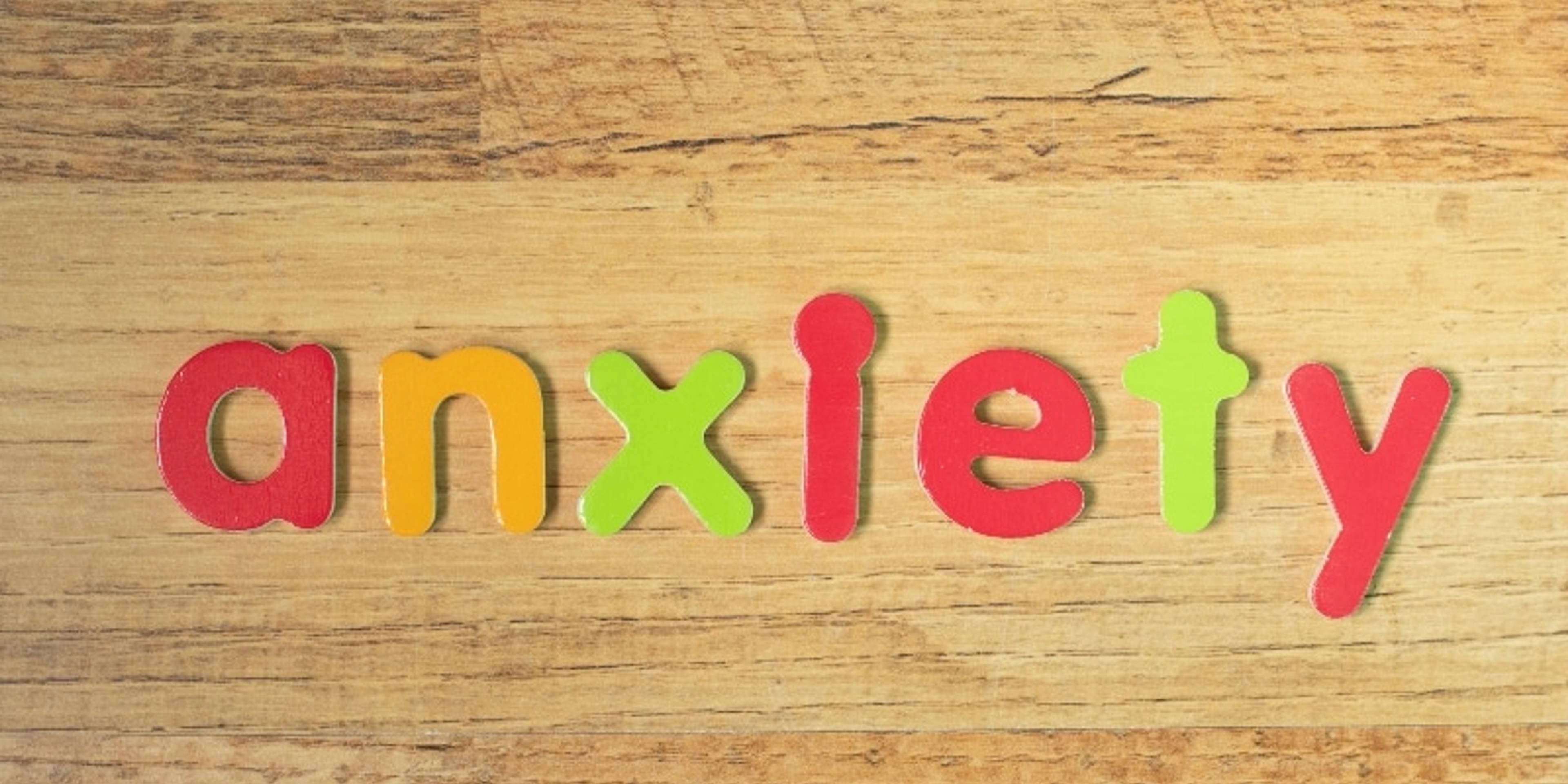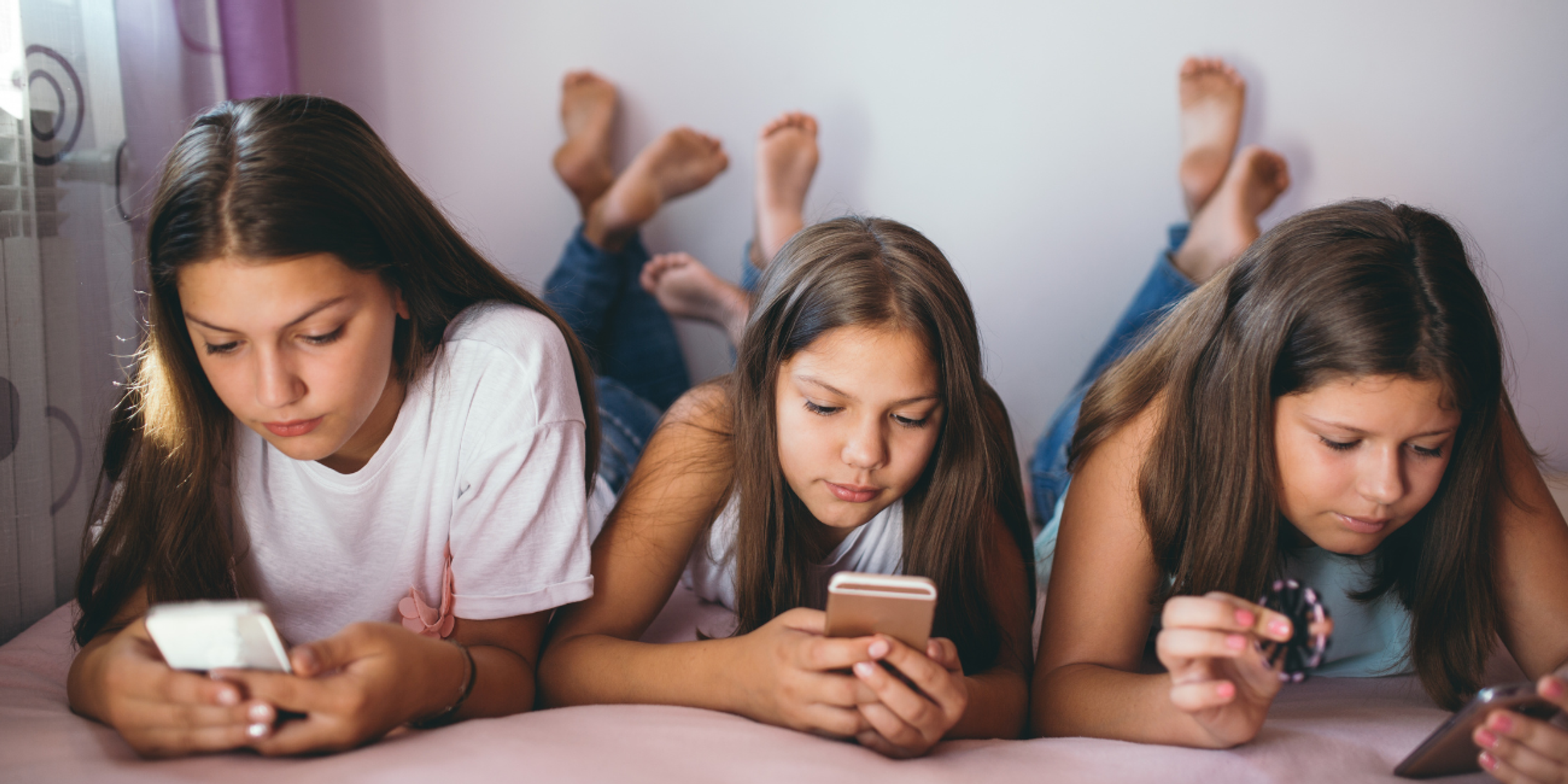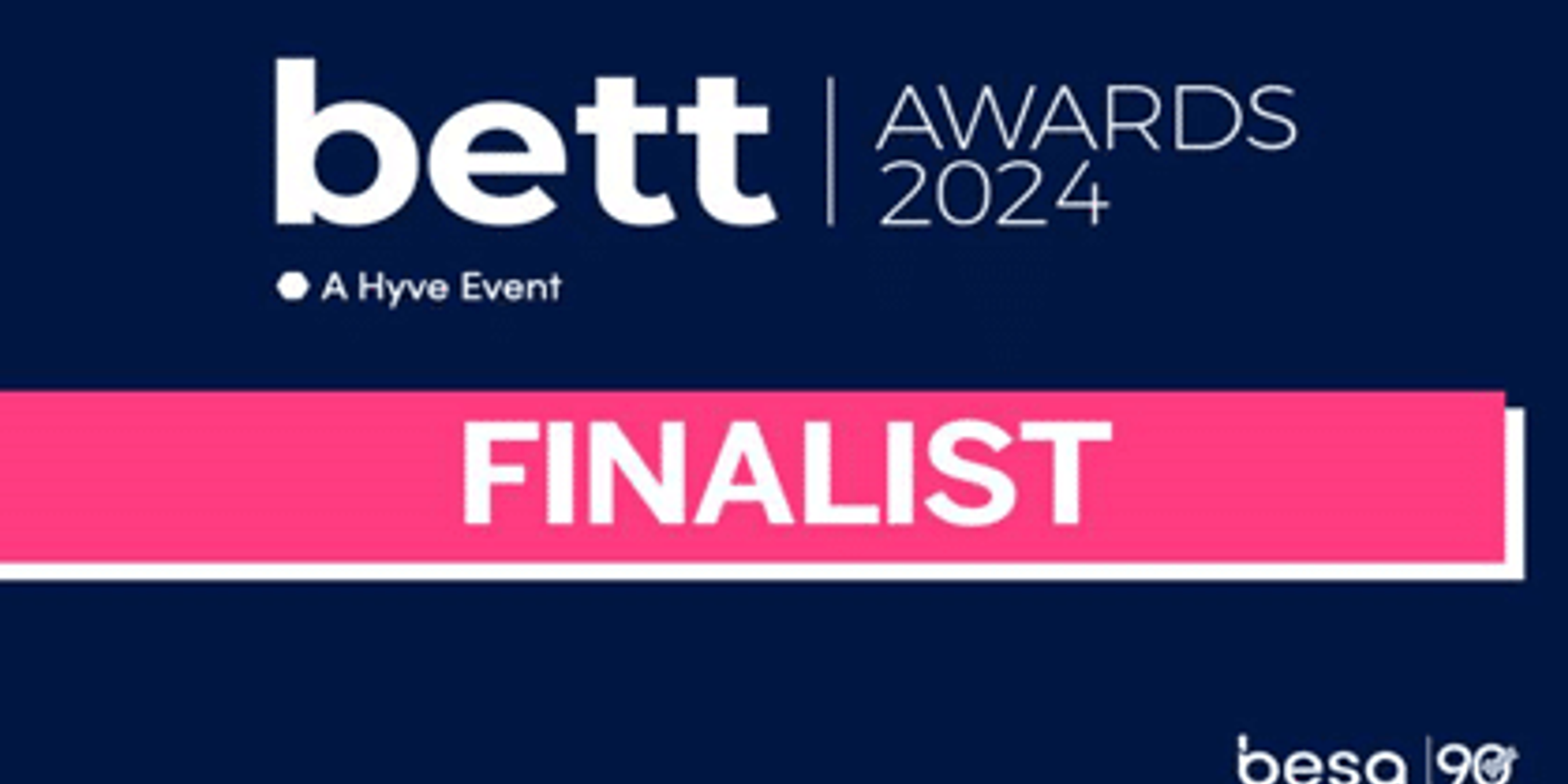
We’ve spoken to mental health expert, Dr Lucy Foulkes about managing anxiety in school settings. Here’s what she had to say.
A secondary school teacher emailed me recently with a confession – and a request to remain anonymous. She told me that she was worried about how anxiety was being managed in her school. I’m an academic psychologist at the University of Oxford, researching the changing culture around adolescent mental health, and I receive many emails like this from school staff. When it comes to anxiety, the same two themes appear again and again.
First, teachers tell me there are more young people reporting anxiety problems now than ever before. This is in line with large-scale research studies that show the prevalence of anxiety symptoms has increased in recent years (although different studies have reached different conclusions about the scale of the increase and the relative contribution of the Covid-19 pandemic). Second, and unsurprisingly, the emails tell me that there has been a huge increase in the number of young people today who ask not to do things because they are anxious – and these requests are being granted.
Teachers tell me that there are multiple students in each class who they now cannot ask questions on the grounds of anxiety. Other students are being excused from submitting specific assessments or from going to certain lessons. Extensions to assessment deadlines are granted freely. One teacher said that there are so many students who want to sit exams away from their peers that they’ve run out of rooms to accommodate them.
Of course, some young people will need this kind of adjustment, particularly those with the level of anxiety that might count as a disorder. Sometimes a young person’s anxiety is so severe that allowing them to avoid the triggering situation is the only ethical and appropriate solution. For example, this might be true of a young person who is being badly bullied, or a neurodiverse young person with sensory processing difficulties. The teachers’ concern, and mine, is not about them.
The problem here is that some schools seem to be offering blanket passes to any student who says they want to avoid something because they are anxious. I’m not particularly blaming schools – there is an immense amount of pressure on them to do something, anything, to help students with anxiety and other mental health problems. With limited funding and NHS waiting lists extending into the sunset, the school’s hands are often tied. But for students who are anxious in a milder or more transient way, avoidance is not the right solution.
As we raise awareness about mental health problems, one unfortunate consequence is that milder, more transient forms of anxiety get swept up in the same conversation as the more serious clinical difficulties. It doesn’t help that the word ‘anxiety’ is used for all of it, even in professional circles, and certainly among young people themselves (and the social media videos they watch). This leaves teachers in a tricky situation. When a young person in front of them says that they are anxious – and indeed that young person is anxious – how does the teacher know whether they can be supported informally or whether they require more professional intervention?
There is no easy answer I can give here, no simple bullet point list. It depends on the individual young person and their context. But a really important point is that, for whatever level of anxiety, avoidance is generally unhelpful. When someone avoids what makes them anxious, their anxiety is maintained and even exacerbated in the long run. This happens for two reasons. First, when a person avoids something, they are robbed of the opportunity to see that the thing they fear might not as bad as they thought. Second, they are robbed of the opportunity to practice how to cope. Research shows that people prone to anxiety routinely overestimate how bad things will be and routinely underestimate how well they will cope. Allow people to avoid things, and they can never change their mind, so the anxiety never reduces.
A fundamental principle of cognitive behavioural therapy (CBT) for anxiety is that people who are struggling with anxiety should practise doing exactly what makes them anxious. This doesn’t mean being callous and forcing someone to do terrifying things against their will. Instead, there is a technique called graded exposure, which means devising a step-by-step plan of challenges. The steps gradually increase in terms of how anxiety-provoking they are, and the goal is that the person gradually works their way up the list, practising relaxation and coping techniques each time, until they feel comfortable to move to the next challenge. When someone is anxious, they might need lots of support to help them try graded exposure. They might need a total break from the triggering situation while they implement these ideas. But in all but a handful of cases, facing fears should always be the goal.
Unfortunately, in part because of the pressure they are under, this message is sometimes not getting through to schools. A clinical psychologist working in schools told me that adjustments involving avoidance are often put in place with no intention to review them, ever, as though the young person’s anxiety will unquestioningly be there – and should be accommodated – forever. This is a problem. Official guidelines from the Department for Education state that such adjustments should always be reviewed at regular intervals, but down on the ground, this doesn’t seem to be the case.
I wonder if part of the solution lies in training – not necessarily formal training, but rather a cultural shift. We should make the concepts of graded exposure, and the long-term costs of avoidance, as well known as the concept of anxiety. We should promote the idea (to parents, teachers and students) that anxiety lies on a spectrum, and that different approaches are needed at different levels. To reiterate my earlier point: some young people who are anxious need permanent adjustments and help with changing the triggering circumstances (e.g. bullying). But this is not true of everyone. Perhaps most importantly, we should share stories about how anxiety can (and sometimes must) be tolerated in the service of a greater goal, even if lots of help is needed to get there.
I fully understand that anxiety can be relentless and ruinous and awful, especially when you’re young and you have so much less autonomy over your own behaviour and so much more difficulty being heard. I personally understand that when you’re anxious about something, all you want is for someone to give you permission not to do it, and that for some young people, this is the only appropriate solution. But it has also been the lesson of my life that you have to try and do the things that scare or worry you, even if that’s with support or broken down into tiny steps. Otherwise, your world can become very small. Many of the most worthwhile, wonderful things in life lie on the other side of at least some degree of anxiety.
I said all this to the teacher who emailed me, and she agreed. We both agreed that there is no simple solution, but that everyone, in some small way, can try and help. When we try to support anxious young people in schools today, with a great deal of compassion and kindness, we should treat avoidance as the last resort, not the first line of defence.
Dr Foulkes is one of our former Researchers of the Month. Learn more about her work here.
More News

Dec 17, 2025
Supporting Healthier Masculinities with Professor Michael Flood
We’re excited to be working with Professor Michael Flood, one of the world’s leading researchers on men, masculinities, gender equality and violence prevention.

Jun 19, 2025
Tooled Up Education to Collaborate with Researchers from the University of Manchester
Tooled Up Education is excited to announce we will be collaborating as a research partner with researchers from the University of Manchester.

Mar 17, 2025
Netflix's Adolescence: related resources in Tooled Up
Have you watched Adolescence on Netflix? Do you want to learn more about the issues raised? We have webinars and podcasts available to everyone, along with CPD and classroom resources available to Tooled Up teachers.

Oct 10, 2024
Tooled Up supports Bank of Ireland's 'Wild Child' campaign
Here at Tooled Up, we are really excited about our ongoing partnership with Bank of Ireland and we're very proud to have worked on a two-month long initiative aimed at supporting Bank of Ireland employees and their families. The ‘Wild Child’ campaign was a weekly digest delivered directly to BOI staff through August and September 2024, offering a range of resources, tools and support and for staff and their families.

Sep 09, 2024
Have smartphones and social media led to an anxious generation?
In this analysis, Dr Margarita Panayiotou, Senior Lecturer in Quantitative Methods in the Institute of Education at The University of Manchester, goes beyond the headlines to consider what the evidence really shows about the impact of smartphones on young people's mental health.

Apr 30, 2024
Sextortion: what is it and why is it in the news?
The National Crime Agency has issued an alert to UK teachers following an increase in sextortion: a type of online blackmail in which the offender threatens to release nude or intimate photos of the victim.

Mar 08, 2024
#InspireInclusion: Celebrating International Women’s Day
You are probably already aware that it’s International Women’s Day today. This year’s theme is #InspireInclusion and the event focuses on celebrating women’s achievements, raising awareness about discrimination and taking action to drive gender parity. Working as part of a small (but growing) team of fantastic women (and men), these are things that we are passionate about at Tooled Up, and we have plenty of resources for the Tooled Up community which will help to break down stereotypes and recognise the successes of some remarkable women.

Nov 17, 2023
Tooled Up Education – 2024 BETT Awards Finalist
We are delighted to announce the exciting news that Tooled Up Education has been shortlisted as a finalist for the 2024 BETT Innovation Award.

Sep 27, 2023
Tooled Up Education Joins Forces with ISEB to Champion Pupil Wellbeing in Admissions Tests and Exams
We are really excited to launch the Parent Power Toolkit, a new set of resources that we’ve produced for The Independent Schools Examination Board (ISEB), which are all designed to empower parents to support their children’s mental health and wellbeing throughout their admissions test journeys and equip families with the tools needed to help children navigate change.

Jul 07, 2023
Tooled Up’s Head of Research Nominated for ACAMH 2023 Award
Exciting news! It seems apt that in the same week as Research Appreciation Day, our very own Dr Hope Christie has been nominated for the prestigious Eric Taylor ‘Translational Research into Practice’ award. This award recognises individuals with a sustained contribution to translating research into practice over a number of years, whose work involves both research and involvement in either clinical or educational practice.